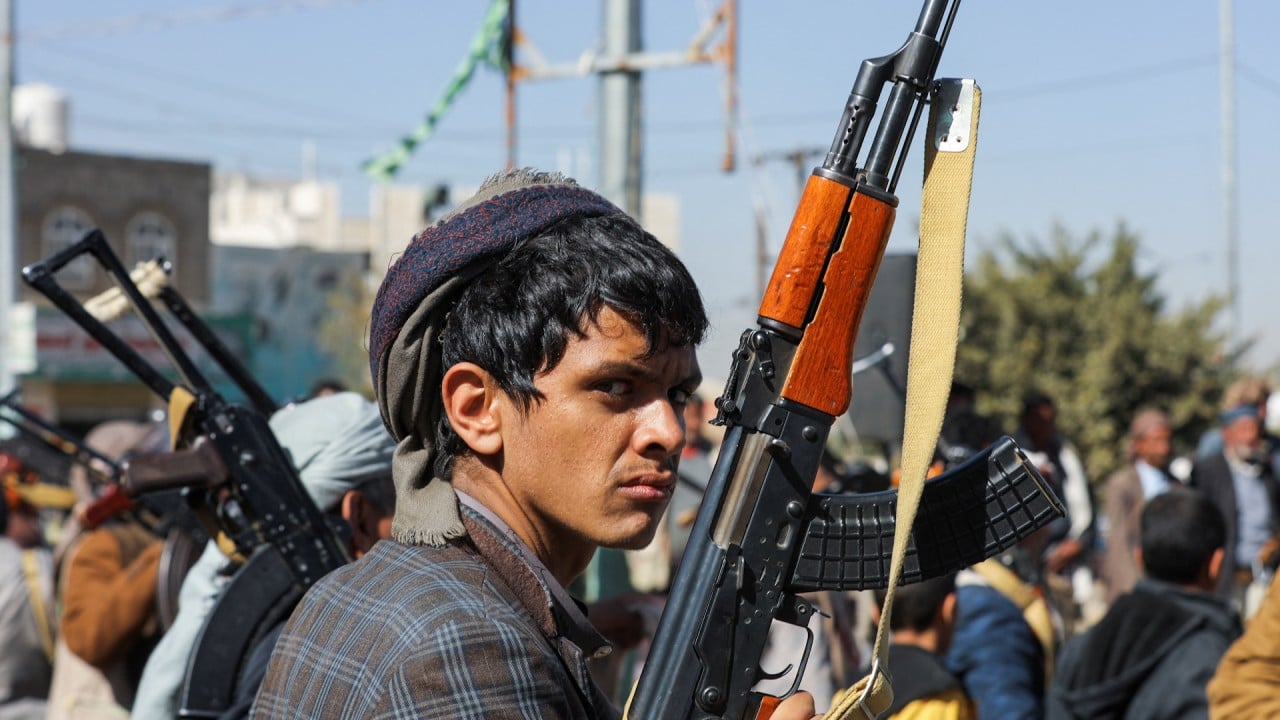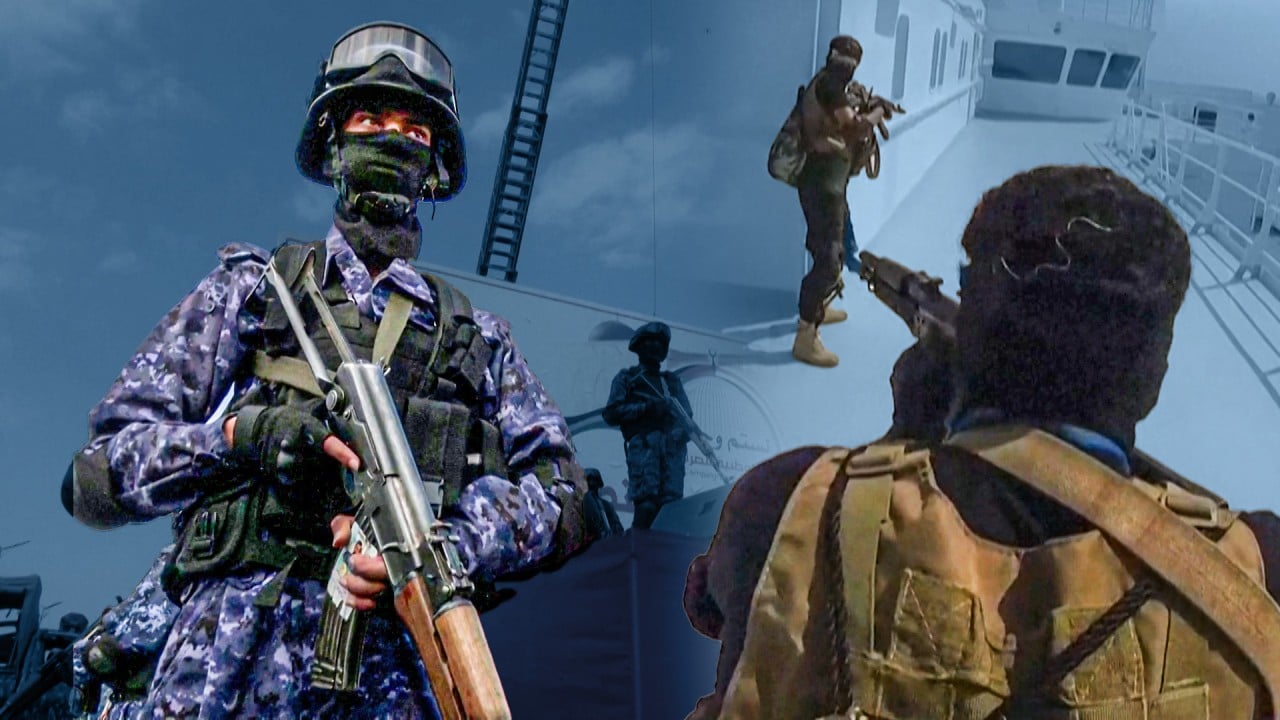Opinion | China and India have a duty to act on Houthi threat to global shipping
This has caused a major disruption to global merchant traffic that transits the Suez Canal and enters the Indian Ocean through the Red Sea and the narrow Bab-el-Mandeb strait between Yemen on the Arabian Peninsula and Djibouti and Eritrea in the Horn of Africa.
About 12 per cent of global trade passes through the Bab-el-Mandeb and all the major economies of the world – particularly China, Japan and India – are dependent on the safety and stability of these waters.
To stay clear of the Houthi menace, many vessels have chosen to take the longer route around the Cape of Good Hope (the southern tip of Africa) to sail from Europe to Asia, thereby adding significantly to both shipping costs and transit times.
While the safety and security of critical sea lines of communication is a global good, the manner in which the major powers have reacted to these attacks is instructive.
China and Russia – permanent members of the UN Security Council – have a different political position from that of the US in relation to the Israeli attacks on Gaza but share a common economic objective in ensuring that merchant shipping is not held hostage by Houthi demands. In light of China and Russia’s stance, some ships are advertising their “all-Chinese-crew” or their Russian affiliation in the hope of avoiding Houthi attacks.
Currently, the US naval operation against the Houthi rebels is being supported by the UK, with Australia, Bahrain, Canada and the Netherlands providing non-operational support. It is instructive that the other major US/Nato allies such as France and Germany have not signed up to be part of this coalition. Both India and Japan, who are Quad members, have been similarly cautious and have not joined the US-led operation.
Should the Houthi threat be viewed only through a political filter, in the context of the wider Middle East conflict, or should major powers explore other means to ensure compliance with the UN Security Council resolution?
I believe safeguarding merchant ships and their crew from such attacks is a global responsibility and this should not be disaggregated into selective political clustering.
China and India are among the world’s top five economies by size and are credible Asian naval powers. They are both seeking to play a greater role in the maritime domain and are significant stakeholders in ensuring the safety and security of the global commons, given their own dependence on the sea lines of communication.
Why China is unlikely to join US-led force against Houthi attacks in Red Sea
Why China is unlikely to join US-led force against Houthi attacks in Red Sea
The global partnership that emerged in 2008 to deal with the Somali piracy challenge is a template that could offer some cues about how to manage the Houthi conundrum.
While both China and India will not join a US-led military grouping, it would be short-sighted to remain passive to the Houthi attacks. Left unchecked, the Indian Ocean could witness an anomalous situation, wherein a non-state entity (albeit with state support) can impose the equivalent of a regional embargo with no navy worthy of mention.
The Houthi use of unmanned armed drones and missiles poses a new hybrid warfare challenge to traditional naval power, and the cost-effectiveness of using expensive naval platforms and ordnance to contain a non-state entity has to be objectively reviewed.
Unlike the Somali piracy issue, where all nations were on the same page, the Houthi attacks are linked to Israel and Palestine and hence there is dissonance among the major powers about how to respond. But if ethics can be interpreted as enlightened self-interest, there is a case to view certain global issues – such as climate change and good order at sea – as ethical imperatives.
There can be no selective pursuit of individual interests in relation to global merchant shipping. The adage that all boats will rise or sink together is doubly relevant when it comes to freedom of navigation and good order at sea. The Houthi challenge has to be dealt with in a consensual manner and will test the perspicacity of the major Asian powers as 2024 unspools.
Commodore C. Uday Bhaskar is director of the Society for Policy Studies, an independent think tank based in New Delhi



